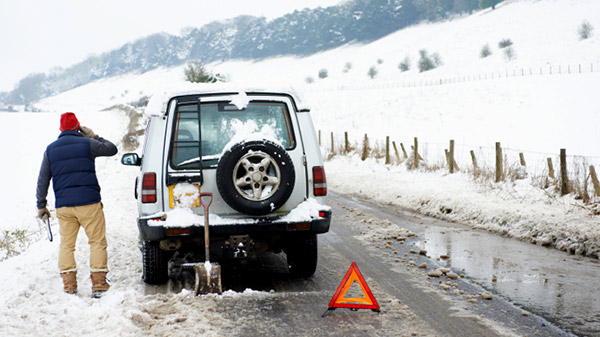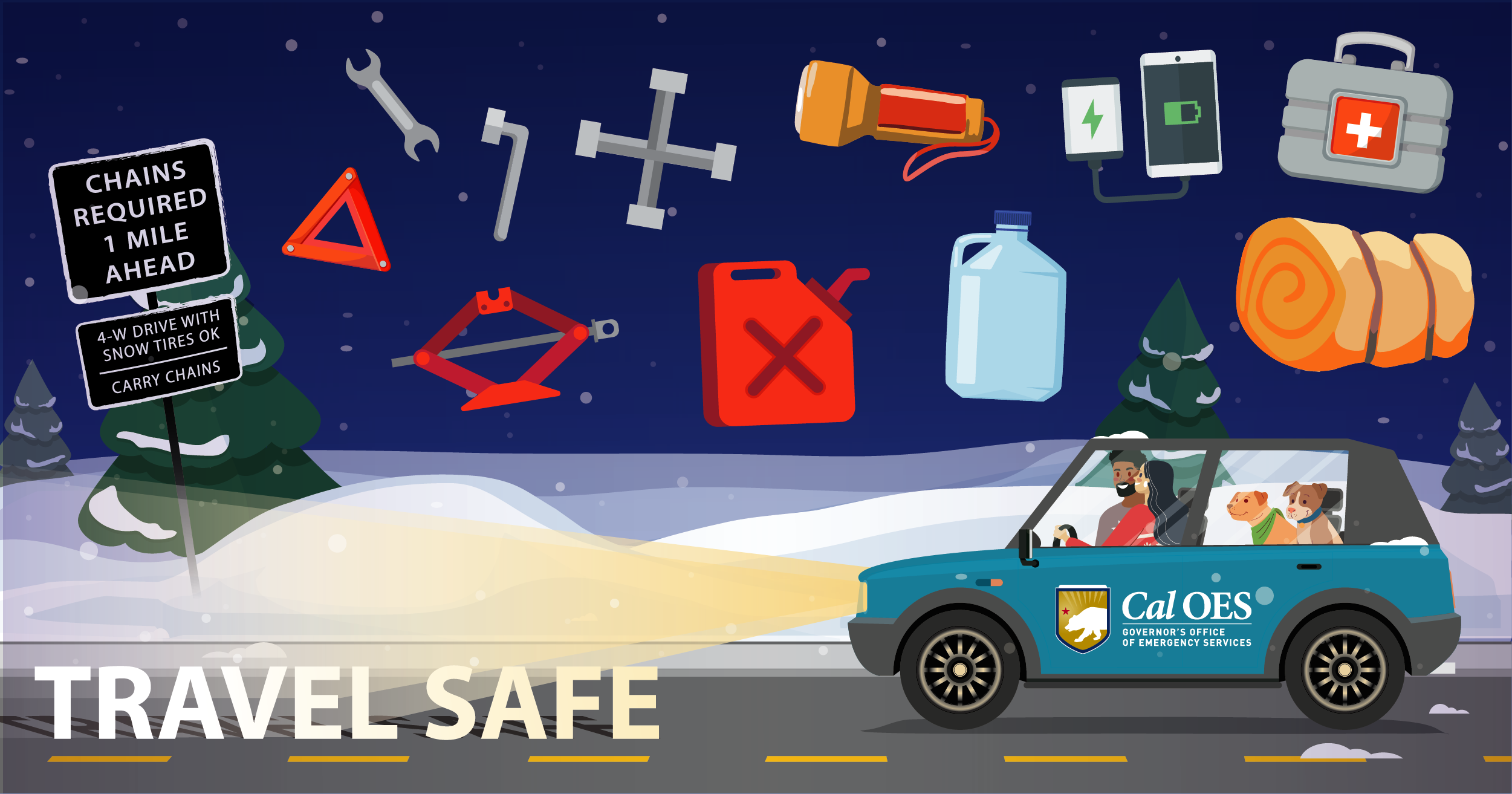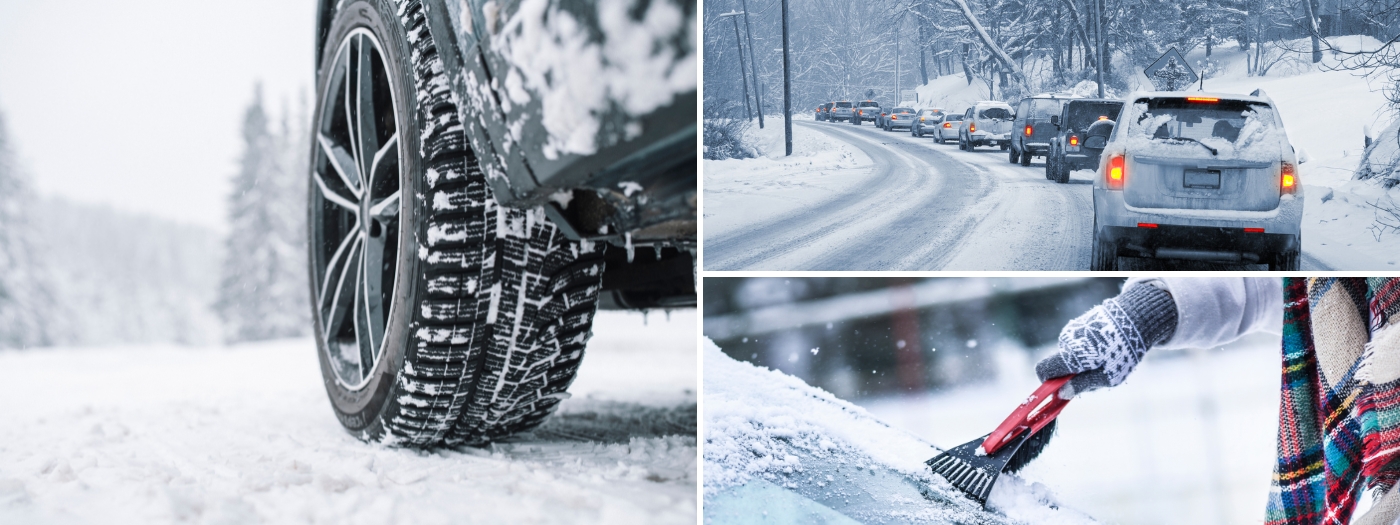Winter travel can be challenging for cars. Proper preparation ensures safety and smooth trips.
As the cold season approaches, your car needs special care. Winter conditions can be harsh, affecting your vehicle’s performance and reliability. From icy roads to freezing temperatures, each element poses unique challenges. Preparing your car for winter travel is essential to avoid breakdowns and ensure safety.
This guide will help you understand the key steps to winterize your car. Ready to keep your vehicle in top shape this winter? Let’s dive into the essential tips for a worry-free winter journey.

Credit: theexpertcamper.co.uk
Winter Tire Preparation
Winter tires are essential for safe driving in snow. They have better grip on icy roads. Look for tires with the snowflake symbol. This shows they are made for winter. Check the tire size before buying. Make sure it fits your car.
Cold weather can lower tire pressure. Low pressure can cause accidents. Use a tire gauge to check it. Do this at least once a month. Fill tires to the recommended level. This info is in your car manual. Proper pressure helps tires last longer.
Battery Maintenance
Check your car battery to ensure it handles the cold. Clean the terminals and test the voltage. This keeps your car starting smoothly.
Testing Battery Health
Cold weather can weaken your car’s battery. Testing battery health before winter is important. Use a voltmeter to check the voltage. A healthy battery should read 12.6 volts or higher. If lower, the battery might need charging or replacing. Regular checks can prevent sudden breakdowns.
Cleaning Battery Terminals
Dirty terminals can cause battery issues. Clean them to ensure good connection. Remove the battery cables first. Use a brush to scrub the terminals. Baking soda and water can help remove corrosion. Rinse with water and dry completely. Reconnect the cables tightly. This keeps your battery working well.
Fluid Checks
Antifreeze levels must be checked. Antifreeze keeps the engine from freezing. Low antifreeze can cause damage. Use a tester to check the levels. Add more if needed. Follow the car manual for the right mix.
Windshield washer fluid is also important. Regular fluid can freeze in winter. Use a winter mix to prevent this. Fill the washer reservoir completely. It helps keep your windshield clear.
Heating System
Ensure your car’s heater works well. Turn it on and check the airflow. The air should be warm and strong. If not, there might be a problem. Check the coolant level. Low coolant can cause heater issues. Inspect the heater core for leaks. Look under the dashboard for any signs of moisture.
Test the defroster on all windows. It should clear fog quickly. Check the rear window defroster. Look for broken lines. These can stop it from working. Use a multimeter to test the lines if needed. Make sure the vents are not blocked. This helps air flow better.
Emergency Kit
Keep a first aid kit in your car. Pack blankets and extra warm clothes. Have non-perishable food like nuts and dried fruits. Carry water bottles for hydration. Don’t forget flashlights with extra batteries. Hand warmers can be very useful.
Ensure you have a spare tire and jack. Keep jumper cables in the trunk. A small toolkit is helpful. Ice scraper and snow brush are must-haves. Tire chains can help in heavy snow. Sand or kitty litter for traction is also good.

Credit: blog.cinfin.com
Lighting And Visibility
Check your headlights often. They must be bright and clear. Clean any dirt on them. Replace bulbs that are dim or burnt out. Proper headlights help you see better. They also help others see you. This is important in winter.
Inspect your windshield wipers. They must be in good shape. Replace any wipers that are worn out. Good wipers clear snow and ice. This helps you see clearly. It is key for safe winter travel.
Brakes And Suspension
Check your brake pads. They must not be too thin. Thin pads can fail in winter. Replace them if needed. Safe brakes are vital in winter.
Inspect the suspension system. Look for worn-out parts. Weak suspension can cause trouble on icy roads. Ensure everything is in good shape.

Credit: news.caloes.ca.gov
Preparing For Emergencies
Always have a plan before traveling in winter. Tell someone your route. Share your expected arrival time. This helps if you get stuck or delayed. Carry a map. GPS can fail in bad weather. Pack extra clothes. Warm clothes can save you if your car breaks down.
| Service | Contact Number |
|---|---|
| Emergency Services | 911 |
| Towing Service | 1-800-555-5555 |
| Roadside Assistance | 1-800-222-4357 |
| Local Police | 1-800-123-4567 |
Frequently Asked Questions
How Do I Prepare My Car For Winter?
Check the battery, tires, and antifreeze levels. Ensure wipers and lights work. Keep an emergency kit.
What Should Be In A Winter Car Emergency Kit?
Include a blanket, flashlight, first-aid kit, water, snacks, and jumper cables. Add a shovel and ice scraper.
Why Is Tire Pressure Important In Winter?
Cold weather can lower tire pressure. Proper tire pressure ensures better traction, handling, and safety on icy roads.
How Often Should I Check My Car Battery In Winter?
Check your car battery monthly in winter. Cold weather can weaken it, leading to potential starting issues.
Conclusion
Winter travel can be tough on your car. Prepare it well. Check tires, battery, and fluids. Keep emergency supplies in the trunk. Your safety depends on these steps. A well-prepared car ensures a smooth journey. Stay safe and enjoy the winter roads!
